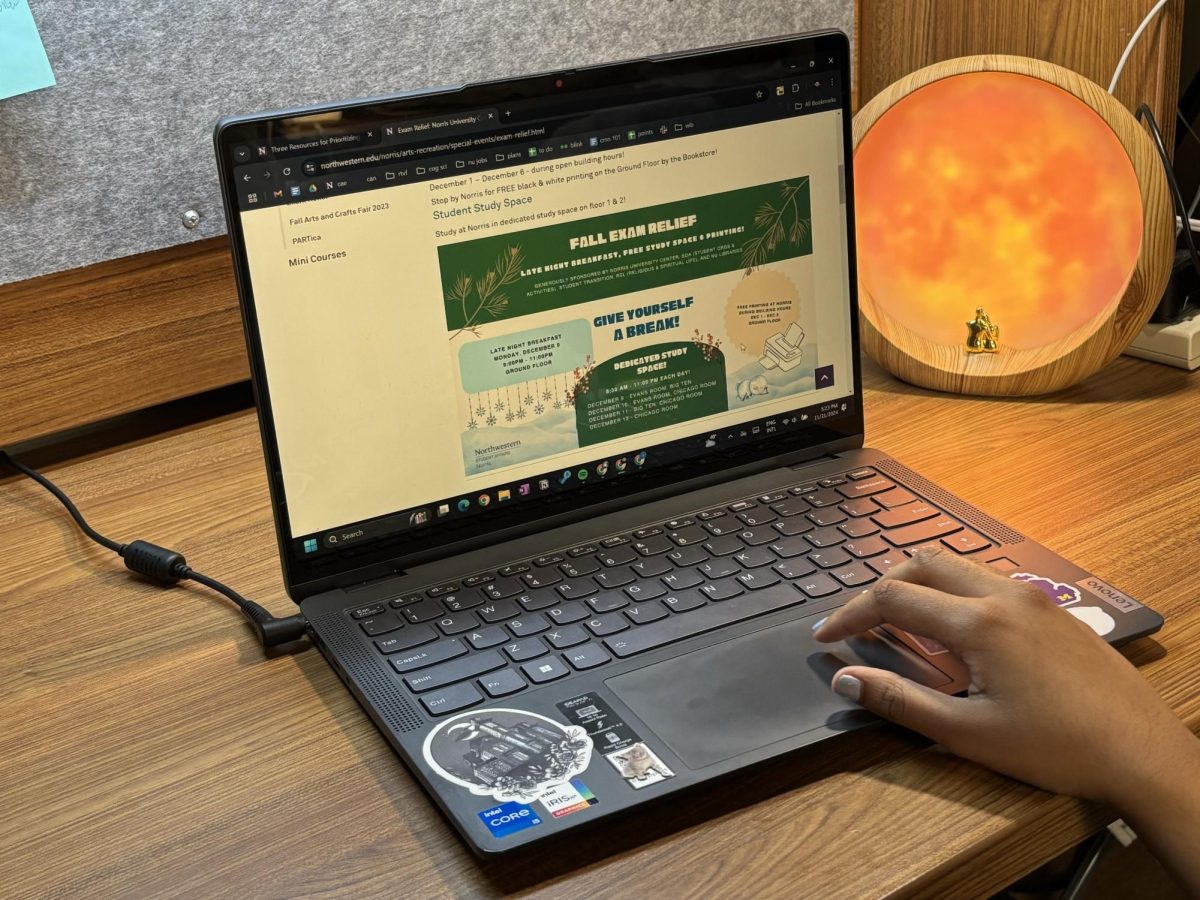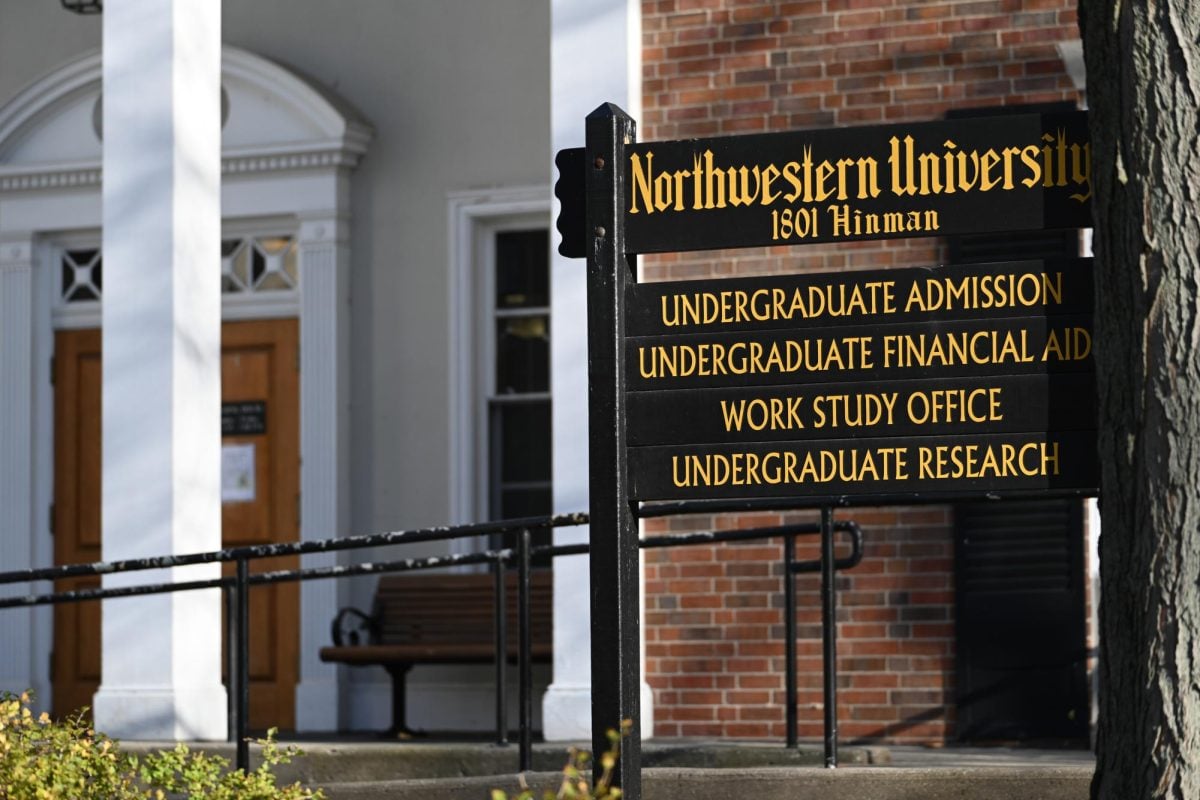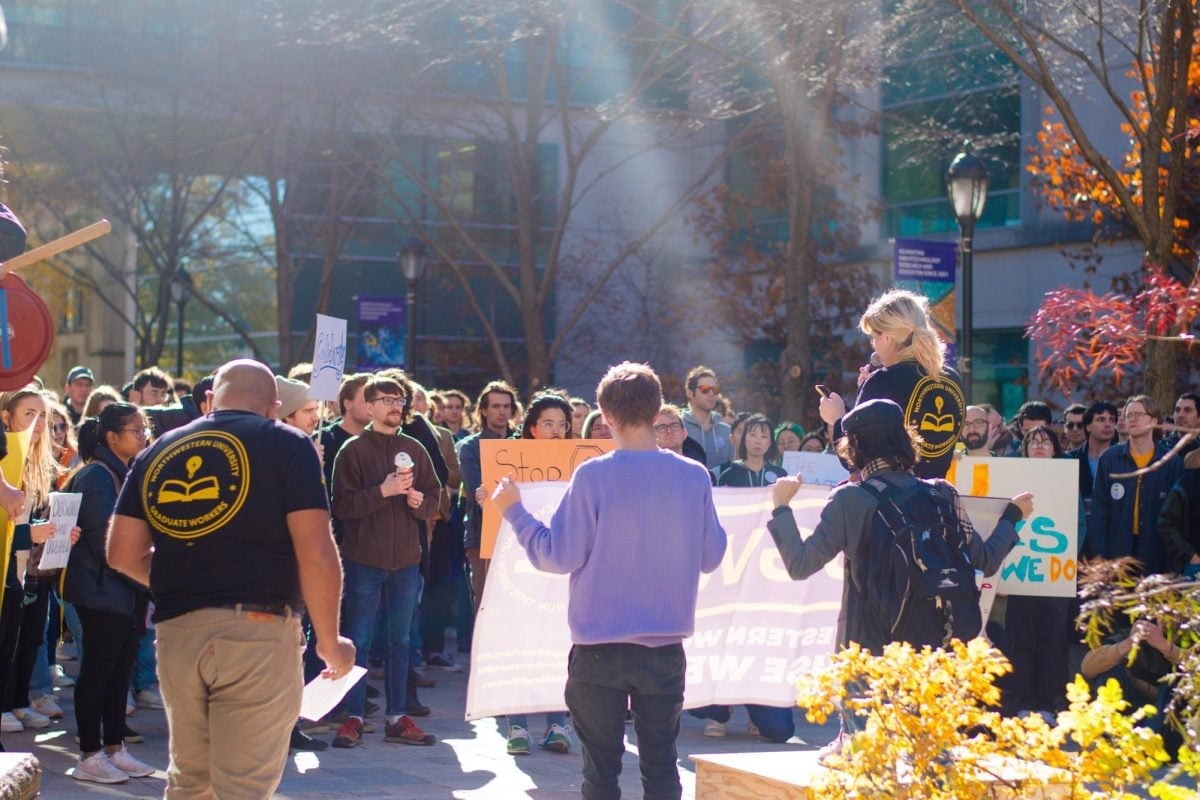Two days before the Federal Reserve Board announced its $600 billion purchase of treasury bonds, five Northwestern students made their own recommendation.
The undergraduate team representing NU in the annual college Fed Challenge won the regional competition Monday at the Federal Reserve Bank of Chicago. The team will now head to Washington, D.C., at the end of the month to represent the Chicago Fed’s Seventh District in the national competition. This is the seventh year NU’s Fed Challenge team has qualified for nationals. Last year the team came in fourth.
“We’re pretty excited,” team member Max Slivka said. “But we’re also pretty relieved not to have let down the mantle after the team’s winning the last several years in a row.”
Twenty schools participated in the annual competition, sponsored by the Chicago Federal Reserve and coordinated by the University of Illinois at Chicago. The challenge consists of a 20-minute presentation on the economy and a 15-minute Q-and-A session with a panel of four judges.
Teams must present their analysis of current economic data and resulting monetary policy recommendations.
This year’s presenting lineup included McCormick junior Slivka, Weinberg senior Dan Wolf, Weinberg senior Lucas Zalduendo, McCormick junior Brian Levin and Weinberg junior Shalini Singh. Professor of economics Mark Witte was the team’s faculty advisor.
Taking a cue from the Federal Open Market Committee, in charge of overseeing the government’s buying and selling of treasury securities, the group decided to take a theatrical approach to its presentation. The five role-played a meeting of the FOMC, complete with caricatures of the board of governors.
“It’s pretty widely known that the different governors disagree,” Slivka said. “We tried to play off that by having different members representing hawks and doves on inflation policy.”
There was also a palpable sense of irony as students made monetary policy recommendations less than a day before Federal Reserve Chairman Ben Bernanke publicly announced the Fed’s own strategy, said Helen Roberts, clinical associate professor and associate director of the University of Illinois at Chicago’s Center for Economic Education.
“There was a joke going around that whatever happened Nov. 1, it would be confirmed Nov. 2,” Roberts said.
NU did manage to correctly pick the right policy route – buying up treasury bonds to lower long-term interest rates – but slightly overstated its figures: The team recommended $1 trillion.
Levin said though that he was satisfied with their estimate, and that when another uncounted $300 billion is added in, they’re only off by $100 billion.
“The Fed currently owns a portfolio of mortgage-backed securities worth $1 trillion, of which they expect $300 billion – not included in today’s $600 billion – to be paid back or mature,” he said. “They’re going to take that and reinvest it.”
Points were awarded on a twofold basis. Thirty of the 50 come from the breadth and depth of the team’s research; the remaining 20 are related to the quality of the presentation and teamwork.
And despite their dramatic bickering, Northwestern excelled in both categories, Roberts said. She said she doesn’t understand how Witte “does the voodoo that he does.”
“Northwestern is always one of the best, if not the best, in research,” she said. “They have good depth in their team and they work well together.”






